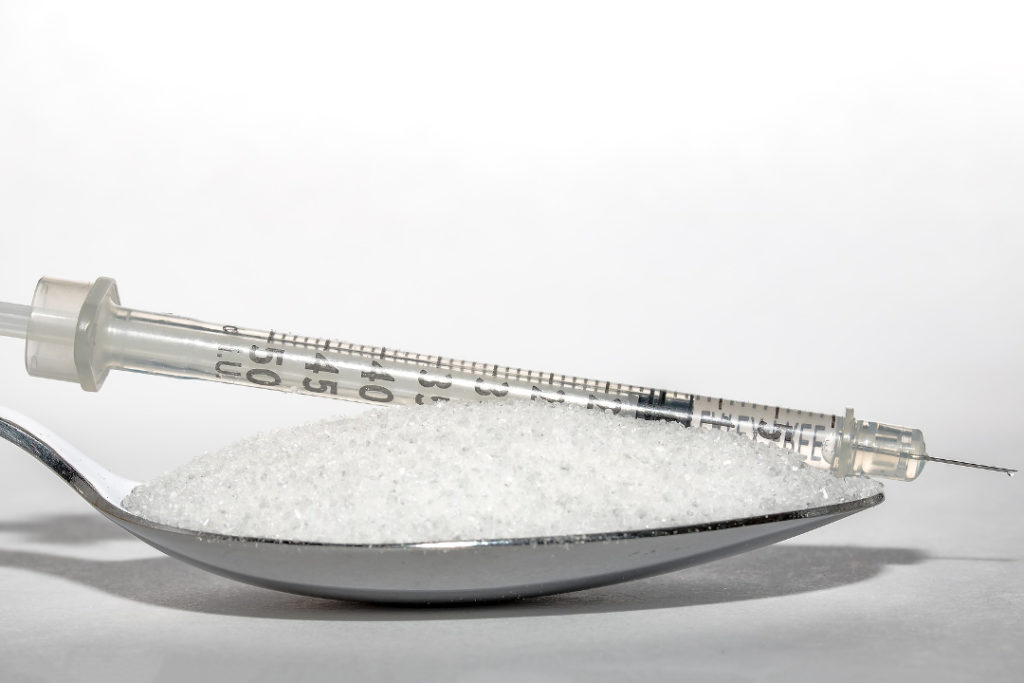
Contents
What is Insulin?
Insulin is a hormone produced by the pancreas that has a number of important functions in the human body, particularly in controling of blood glucose levels and preventing hyperglycemia. The most important role of insulin in the human body is its interaction with glucose which allow the cells of the body to use glucose as energy. It helps control blood glucose levels by signaling the liver, muscle and fat cells to take in glucose from the blood. The most common problem associated with it is diabetes. Diabetes occurs when the body either does not secrete enough insulin or no longer uses the insulin it secretes effectively. Both type1 and type2 diabetes may require insulin based on their hormonal insulin production.Dosage and Administration
Dosage will depend on your blood glucose levels and on your doctors advise.- You can’t take it by mouth. You must inject it with a syringe, insulin pen, or insulin pump.
- You can inject it under the skin in many different parts of your body, such as your thigh, buttocks, upper arm, and abdomen.
- Don’t inject it within two inches of your belly button, though – as your body won’t absorb it as well.
- You should vary the location of injections to prevent the thickening of your skin from constant insulin exposure.
- When cells of the body don’t respond properly to the hormone then the situation is called insulin resistance.
Types of Insulin
- Rapid-acting insulin: It begins working approximately 15 minutes after injection. Its effects can last between two and four hours. It’s often used before a meal. ex: NOVORAPID
- Short-acting insulin: You inject this before a meal. It starts working 30 to 60 minutes after you inject it and lasts five to eight hours. ex: HUMAN ACTRAPID, HUMINSULIN-R
- Intermediate-acting insulin: This type of insulin starts working in 30 minutes to an hour after injection, and its effects may last up to eight hours. ex: INSULATARD, HUMINSULIN-N
- Long-acting insulin: This insulin may not start working until about two hours after you inject it. However, it can last up to 24 hours. ex: LANTUS
Insulin Reactions
Hypoglycemia, or blood glucose levels that are too low, can sometimes happen when you take insulin. This is called an insulin reaction. If you exercise too much or don’t eat enough, your glucose level can drop too low and trigger an insulin reaction. Symptoms of insulin reactions- Tiredness, inability to speak
- Sweating, confusion
- Loss of consciousness, seizures
- Muscle twitching
- Pale skin
- Everything that you eat counts! Go for a healthy mix of vegetables and fruits, whole grains, beans, fish, lean meats, and low-fat dairy. Take your meal on time.
- Regular physical activity.
- Stress can make your blood sugar level soar. Make time for hobbies you enjoy, connect with friends and family; chill out and say no to things that overload your schedule.
- Stick to your treatment plan.